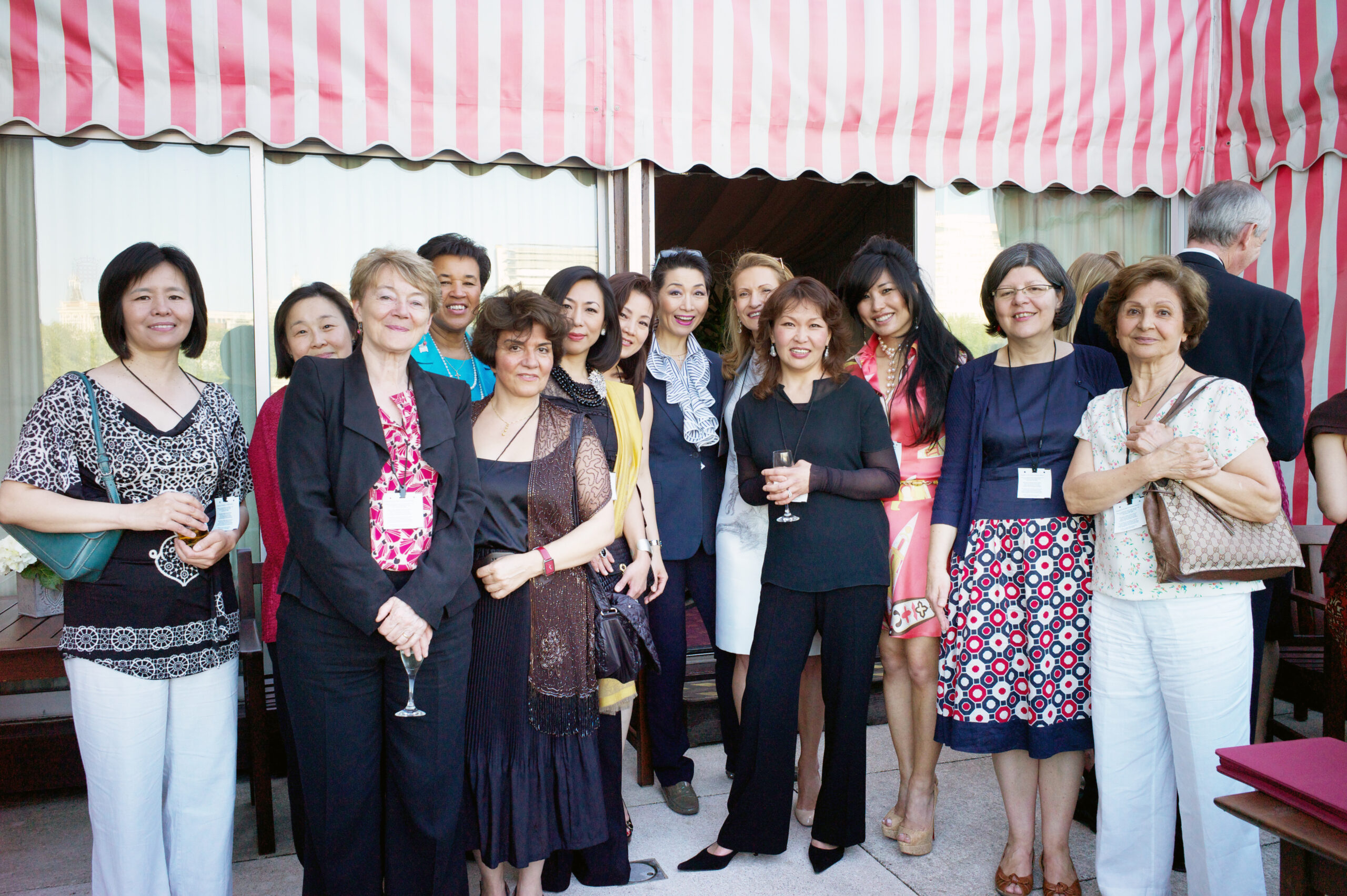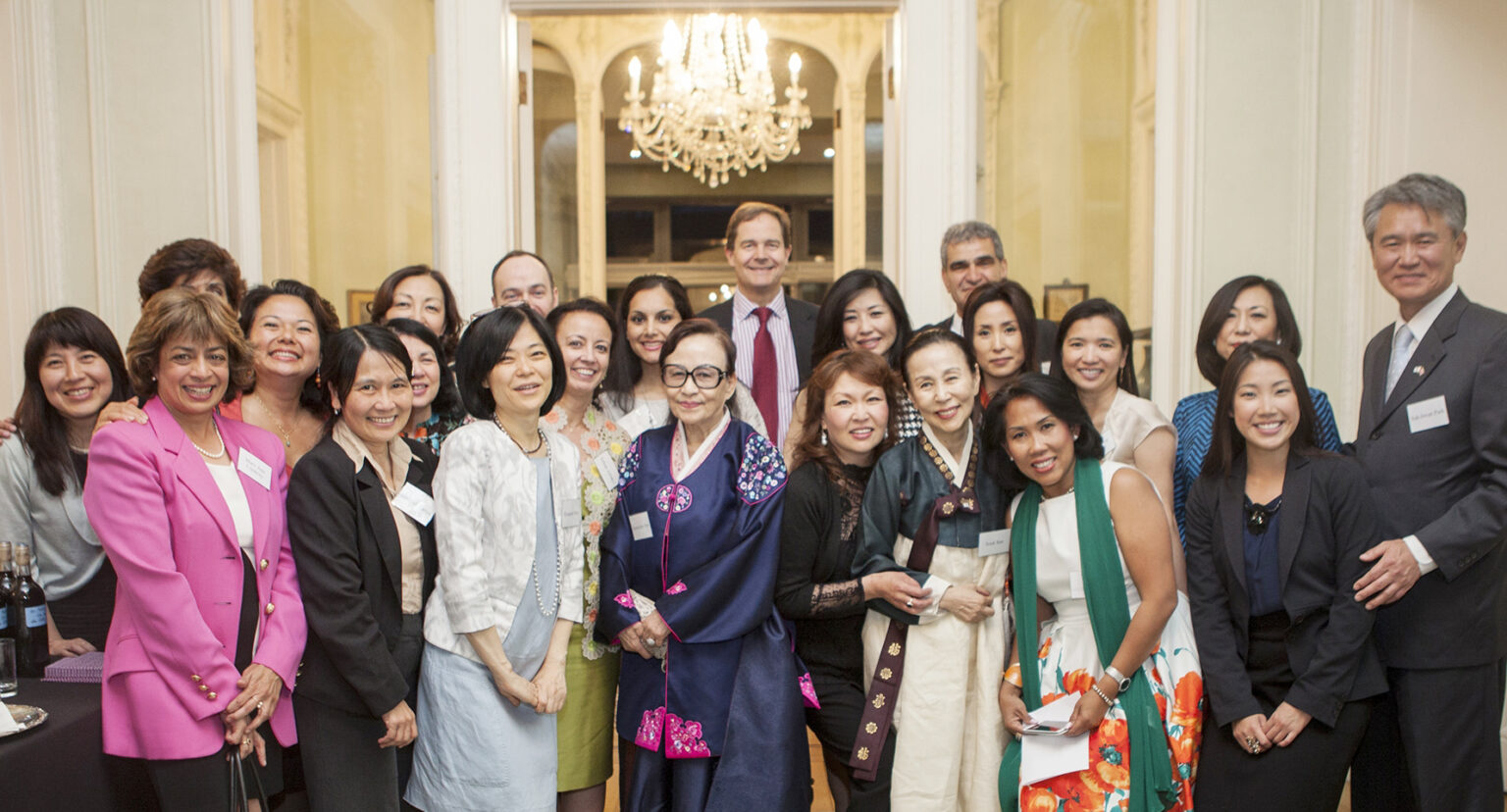Hello
Sybil Poon
About Me
PAWA Benefactor Sybil Poon celebrated her Special Birthday in style.
Husband Patrick hosted a beautiful lakeside lunch on the grounds of Brocket Hall. The sumptuous lunch was followed by a surprise music performance and disco dancing!
Sybil donated her birthday gifts £1900 to PAWA.
Husband Patrick hosted a beautiful lakeside lunch on the grounds of Brocket Hall. The sumptuous lunch was followed by a surprise music performance and disco dancing!
Sybil donated her birthday gifts £1900 to PAWA.



